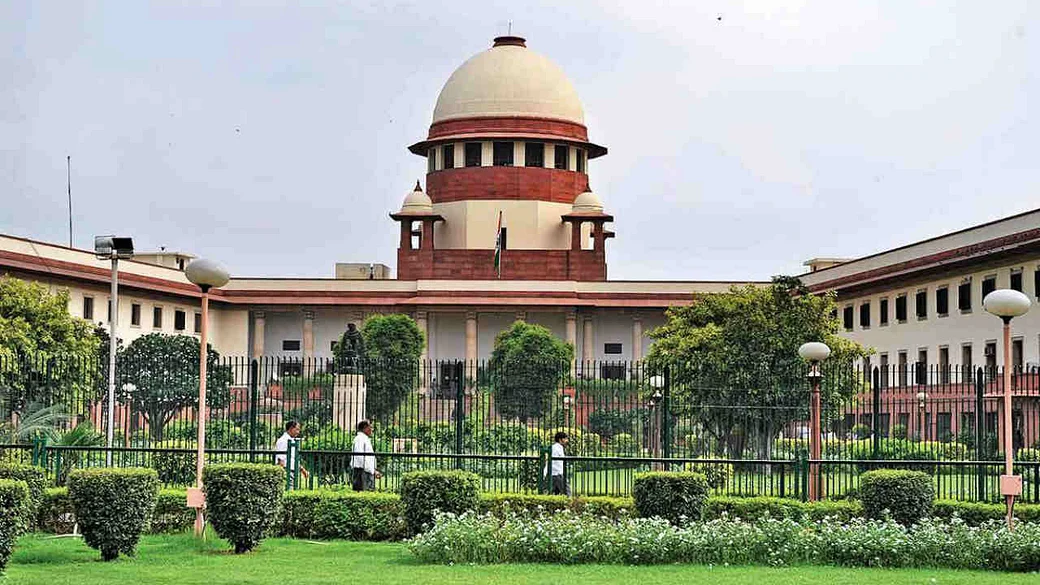The Union government has informed the Supreme Court that it amended the Waqf Act, 1995, to prevent the misuse of Waqf provisions, which were reportedly being used to encroach upon both government and private properties. In an affidavit submitted before the apex court, the Ministry of Minority Affairs said the reforms were necessary to ensure transparency and proper administration of Waqf Boards.
Citing a sharp 116% increase in the area designated as Waqf after the 2013 amendment, the Centre noted that several government and private lands were being wrongly classified as Waqf properties, including under the “Waqf by user” provision. The affidavit stated that the Waqf (Amendment) Act, 2025, aims to modernize Waqf property management through a transparent and efficient framework, without affecting religious practices.
The government highlighted that most Waqf Boards had been functioning in a non-transparent manner, with many failing to upload complete property records on the Waqf Asset Management System of India (WAMSI) portal. It argued that the new amendments, including Sections 3A, 3B, and 3C, introduce necessary safeguards to prevent unauthorized claims over public and private lands.
A key provision introduced in the 2025 amendment is Section 36(1A), which mandates that any new Waqf must be established through a valid deed, effective prospectively from April 8. However, the Centre clarified that previously registered Waqfs, including those under “Waqf by user,” would retain their legal status.
The affidavit also stated that the legislative process preceding the amendment involved detailed consultation at both executive and parliamentary levels to address loopholes in the earlier regime.
Reassuring the Court, the Centre asserted that the amendment does not infringe upon religious rights or interfere with the functioning of existing Waqfs, which will continue to be managed by their respective mutawallis.
The government further argued that laws passed by Parliament are presumed constitutional and should not be stayed at the interim stage. It emphasized that only final judicial scrutiny should determine a law’s constitutional validity.
The Supreme Court, on April 17, had asked the Centre, states, and Waqf Boards to file their preliminary replies in response to petitions challenging the validity of the 2025 amendment. The Bench, led by Chief Justice D.Y. Chandrachud and comprising Justices Sanjay Kumar and K.V. Viswanathan, recorded the Centre’s assurance that it would not de-notify provisions related to “waqf by user” or include non-Muslim members in Waqf Boards. The matter will be taken up for a preliminary hearing on May 5.




















